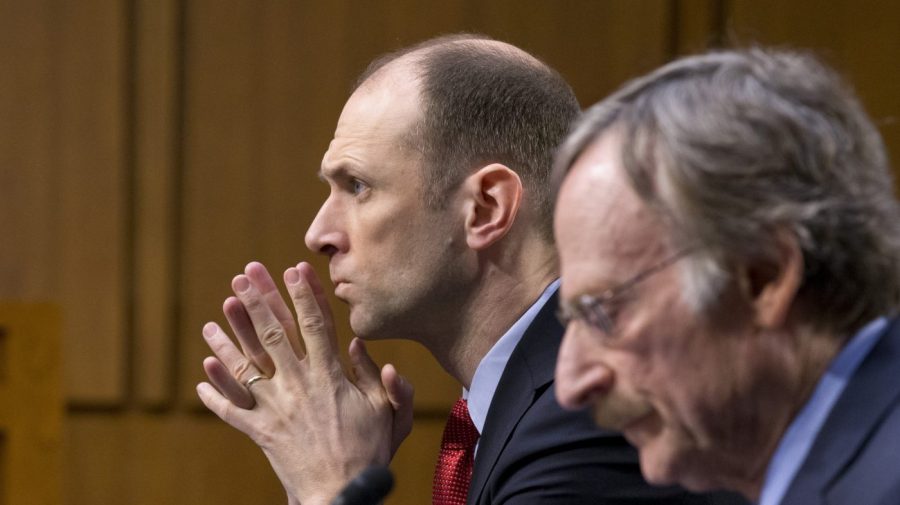
Austan Goolsbee, the president and CEO of the Federal Reserve Bank of Chicago, said he hopes the Federal Reserve maintains its monetary independence amid attacks from President Trump, citing the agency’s credibility.
Goolsbee joined CBS News’s “Face the Nation” on Sunday to weigh in on Trump’s pressure on Federal Reserve Chair Jerome Powell to cut interest rates as the president rolls out his tariff agenda.
“There’s virtual unanimity among economists that monetary independence from political interference, that the Fed or any central bank be able to do the job that it needs to do, is really important,” Goolsbee said.
He noted that monetary independence from politics is a long-standing idea that U.S. economists have decided upon after looking at other countries that don’t have such independence.
“I strongly hope that we do not move ourselves into an environment where monetary independence is questioned. Because that … would undermine the credibility of the Fed,” he said.
Goolsbee’s remarks come after Trump has urged Powell to cut interest rates to ease pressure on the economy amid his tariff rollout.
His attempts to get the Fed to change interest rates have previously caused concern as well. While Trump was campaigning, experts and investors expressed alarm about the then-candidate’s allies’ potential plan to chip away at the central bank’s independence.
Trump sharply criticized Powell after he warned of stagflation due to the tariffs and said the Fed chair’s termination “cannot come fast enough.”
Powell was nominated to the Fed in 2017 by Trump, and his term does not end until next year, but the administration’s top economic adviser has said they are looking for ways to oust him sooner.
Powell, if he were to see his term through, would remain chair until next May and serve on the Fed’s board of governors until 2028.
Goolsbee noted that there is a lot of anxiety about the tariff plan, and that the April 2 “Liberation Day” announcement was bigger than businesses predicted it would be.
After Trump’s initial announcement of sweeping global tariffs shocked markets around the world, he walked back the plan and announced a 90-day pause on reciprocal tariffs against a number of countries. He reduced the import tax on each country, aside from China, to 10 percent, giving them the extended 90 days to negotiate deals with the U.S.
Goolsbee argued it has caused “a lot of question marks.”
“We don’t know 90 days from now … when they’ve revisited tariffs, we just don’t know how big they’re going to be,” he said.

